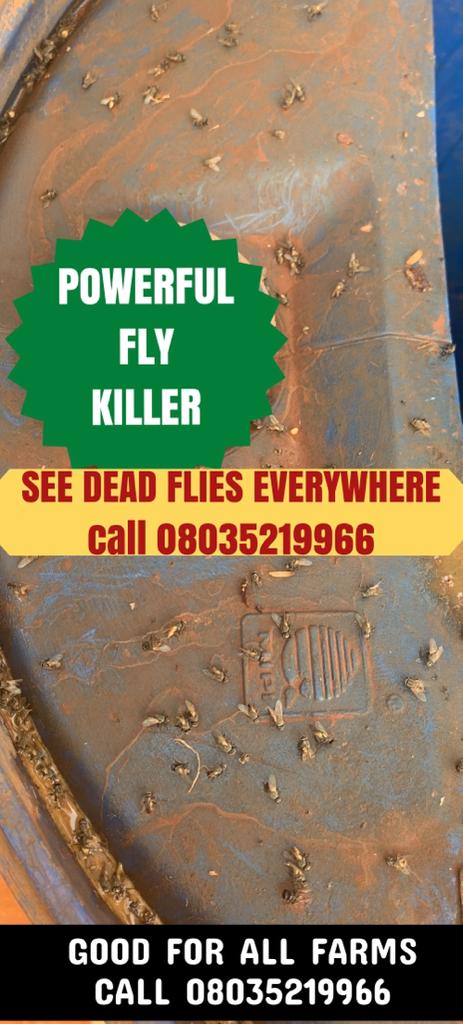 GET THIS NOW: AUTOMATED INCOME MACHINE
GET THIS NOW: AUTOMATED INCOME MACHINE
Why are my Pigs Foaming and Frothing at the Mouth: Reasons and Solutions (Two)
3. Pig’s Foot-and-Mouth Disease (FMD)
Foot-and-mouth disease is another common and contagious infection that affects pigs of all ages (piglets are known to suffer from cardiac arrest as a result). This virus can cause this notifiable disease as it spreads rapidly through aerosols, infected drinking water, and direct contact
 Learn More
Learn More
One of the most apparent signs of FMD is when your pig foams at the mouth. The continuous chomping and increase in saliva may cause this. It could also appear as sores or ulcers in their mouths and spreads to other body parts, such as their feet and udders.
Symptoms of Foot-and Mouth-Disease
Pig foot-and-mouth disease presents with the following symptoms:
Severe lameness and lack of energy
Formation of lesions on the tongue, lips, snout, udders (lactating sow), and feet
Excessive and audible chomping of jaws that leads to foaming and frothing at the mouth
Squealing and grunting
Presence of pus where the ulcers have burst (usually after 24 hours)
Depression
Back arched in pain
Purchase this compelling ebook instantly. 
 21 most important poultry diseases with prevention, control & treatment
21 most important poultry diseases with prevention, control & treatment
How to Treat Pig’s Foot-and-Mouth Disease
Unfortunately, there is no successful treatment for FMD. Although, it’s recommended to cull the infected pigs to prevent the further spread of the disease. Here are a few helpful solutions for the disease:

Try to keep up to date with vaccines. However, this can be costly as the vaccines are only effective for six months.
It’s best to isolate the infected pigs for culling to avoid spreading the disease.
Stay in contact with local farmers to receive updates if there are any outbreaks in your area.
READ ALSO How and When to Give Iron Injections your piglets
4. Stressed-Out Pig
Pigs get stressed-out too, and just like any animals or humans, their stress is triggered by different factors such as:
Anticipation of their food
Intruding into their space when you aren’t welcome
Sudden loud noises or strange smells
Separating a pig from the herd or sows from their babies
When your pig is ill or in pain
Or they’re just having a bad day
Symptoms of a Stressed-Out Pig
Here are some tell-tale signs that your pig is stressed out:
Foaming or frothing at the mouth
Chomping their jaws
Flicking their tail from side to side
Grunting and deep breathing
The pig starts circling you as a warning
You must ensure your pig doesn’t have FMD
Helpful Solutions for a Stressed-Out Pig
Here are some helpful solutions to calm your pig:
Speak to your pig in a gentle and calming way. Don’t try to approach your pig until they’ve completely calmed down.
Play soft music in the background and avoid sudden movements.
Try to stick to a daily routine, as pigs get stressed when their routine is disrupted.
If you suspect that your pig is ill, it’s essential to seek veterinary assistance.
Pay attention to your pigs’ stress triggers, and try to avoid those situations.
5. Swine Vesicular Disease (SVD)
Swine vesicular disease is spread through direct contact with an infected pig and eating or drinking contaminated water and food. This disease is often confused with foot-and-mouth disease. However, these two viral diseases aren’t the same. Unlike foot-in-mouth (FMD), swine vesicular disease is not life-threatening and does not have as much of a negative impact on the economy as FMD.
Invest in this knowledge-packed ebook promptly.  20 questions to ask your poultry farm manager everyday
20 questions to ask your poultry farm manager everyday
You must ensure your pig doesn’t have FMD, as the authorities will need to be notified. SVD is spread through direct contact with an infected pig and eating or drinking contaminated water and food.
READ ALSO Why are my Pigs Foaming and Frothing at the Mouth: Reasons and Solutions ( one)
Symptoms of Swine Vesicular Disease
If your pig has swine vesicular disease, they’ll present with the following symptoms:
Blisters seen around the mouth and legs
Mild fever
Loss of appetite
Frothing at the mouth
A dark line appears on the hooves
Helpful Solutions for Swine Vesicular Disease
There is no vaccine for SVD, but the disease’s symptoms only last for 2 to 3 weeks. Here are a few helpful solutions for the disease:
Quarantine infected pigs for about three weeks to avoid spreading the disease.
Open lesions can be cleaned with natural soda ash, honey, and millet flour (as mentioned under the foot-and-mouth section). This will avoid further infections or sepsis of the lesions.
Healthy pigs don’t froth at the mount
6. Poor Dental Health
Another reason your pig may be frothing and foaming at the mouth is if they have poor dental health (bad teeth). Poor oral hygiene is common in pigs that are on high-sugar diets. Over time the sugar causes tooth decay and rotten teeth, which triggers increased salivation, foaming, and frothing at the mouth.
One of the first signs that your pig has bad teeth is halitosis (bad breath), and the smell can be overwhelming to owners.
Symptoms of Poor Dental Health
Your pig will present with the following symptoms if they have poor dental health:
Ulcers inside the mouth and on the gums
Foul-smelling breath
Increased salivation, which leads to drooling and foaming
Loose teeth
Rotten teeth
Helpful Solutions for Poor Dental Health
Here are a few helpful solutions for poor dental health:
Your vet will sedate your pig and examine their mouth inside. If there are rotten teeth present, they’ll need to be extracted to avoid further infection.
Ask your vet to perform a surgical cleaning to remove plaque buildup and treat inflamed gums.
Discuss your pigs’ diet with your vet, and change it accordingly.
Take your pig for regular check-ups at the vet, especially if you notice excessive foaming or drooling.














